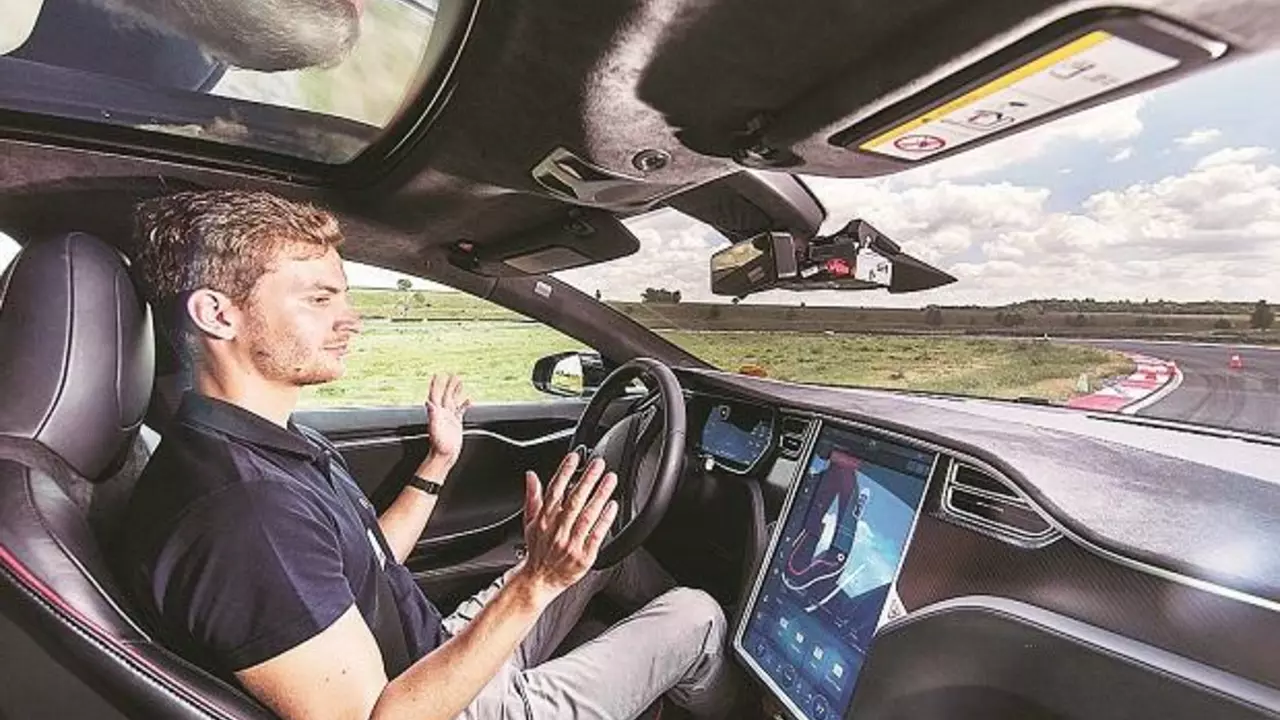Skill Requirement in Motorsports – Key Facts and Tips
If you love speed and want to get behind the wheel of a race car, you need more than a fast heart. Motorsports demand a specific set of skills that separate hobbyists from professionals. Below we break down the most important abilities and show you how to grow them.
Core Skills Every Racer Needs
Car control. This is the ability to steer, brake and throttle smoothly at high speeds. It isn’t about brute force; it’s about feeling the car and making tiny adjustments. Practice on a kart or a low‑power track car to develop that feel.
Physical fitness. Racing is a full‑body workout. G‑forces push you into the seat, and a weak neck or core can cost you lap time. Simple routines like planks, neck bridges, and cardio keep your body ready for long stints.
Focus and mental stamina. A single mistake can end a race, so you must stay sharp for the whole event. Techniques such as visualization, breathing drills, and short meditation sessions improve concentration.
Technical knowledge. Knowing how the car works helps you give better feedback to engineers. Learn the basics of suspension, aerodynamics, and tire behavior. Even a quick online course can make a big difference.
Racecraft. This covers overtaking, defending, and reading the track. It’s not just speed; it’s about making the right move at the right time. Watching race replays and analyzing why drivers take certain lines sharpens this skill.
How to Build and Test Your Skills
Start with low‑cost entry points. Karting offers the purest form of car control and teaches racecraft early. Join a local club, rent a kart, and race regularly. The more laps you do, the faster you improve.
Use simulators to practice without the expense of fuel or tires. Modern racing sims mimic real‑world physics and let you try different tracks and cars. Set a weekly schedule and track your lap times to see progress.
Get feedback. Whether you’re on a track or in a simulator, ask an experienced driver or coach to watch you. Small tweaks in steering input or braking points can shave off seconds.
Combine on‑track work with gym sessions. A 45‑minute workout three times a week keeps your body race‑ready. Focus on neck strengthening, core stability, and cardio endurance.
Finally, compete in amateur series. Regional club races give you a taste of real competition and expose you to race regulations, pit crew interactions, and the pressure of a timed event.
Remember, skill development is a marathon, not a sprint. Keep practicing, stay curious, and treat every session as a learning opportunity. With the right mix of car control, fitness, focus, technical know‑how, and racecraft, you’ll meet the skill requirements that motorsports demand and move closer to the podium.

Which motorsport requires the most skill?
After exploring various motorsports, it's clear that pinpointing which one requires the most skill is complex as each sport demands its unique set of capabilities. However, many argue that Formula 1 stands out due to its high-speed precision, tactical decision-making, and intense physical and mental demands. Others might point to the intricate tactics and danger involved in MotoGP or the multi-disciplinary skillset required in Rallying. In contrast, some believe the endurance and team strategy involved in Le Mans racing make it the most skill-intensive. Ultimately, the answer depends on how one defines 'skill', demonstrating the multifaceted nature of motorsport expertise.
Read More